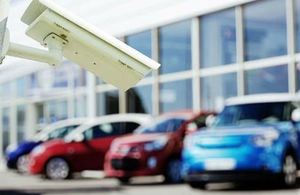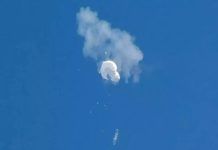The Surveillance Camera Commissioner has launched ‘Secure by Default’ – minimum requirements for manufacturers of surveillance camera systems and components.
It was driven by the need to ensure the UK’s resilience against cyber security vulnerability, as well as to provide the best possible assurance that cameras are manufactured to minimum cyber secure requirements. The minimum requirements are an important step forward for manufacturers, installers and users alike. Manufacturers self-certify their products as secure by default.
S.A.F.E systems was the first organisation to be awarded the mark. Dave Lawrie, director, said: “Given the fact that our main focus is the provision, supply and installation of CCTV systems into licensed vehicles, secure by default is essential not only for driver and local authority confidence in our product and service, but for public confidence in the security of their data.”
Manufacturers can demonstrate they meet the minimum requirements by completing a self-certification form and submitting it to the Commissioner’s office for validation. Dave said: “The application process was very straight forward, the majority of the questions asked were within our default design anyway, so easy to answer, it was also very reassuring that any aspects which required further correspondence were not simply dismissed, but were actually followed up on to gain a greater understanding of our product. It was very professional.”
Organisations who are successful in their application will be issued with a certificate and Secure by Default certification mark from the Commissioner and will have their products listed on the Commissioner’s website.
Dave, also said: “I would fully recommend that manufacturers apply for the Secure by Default mark – getting the recognition is important. We now have the Commissioner’s mark, Federal Information Processing Standard (FIPS) 140-2 approval, CE approval, all of which are a vital tool for anyone in our field. In our professional opinion, any company which cannot achieve all of the above, should not be operating.”








